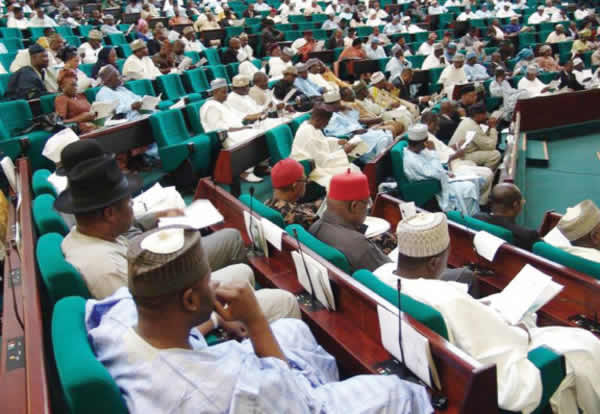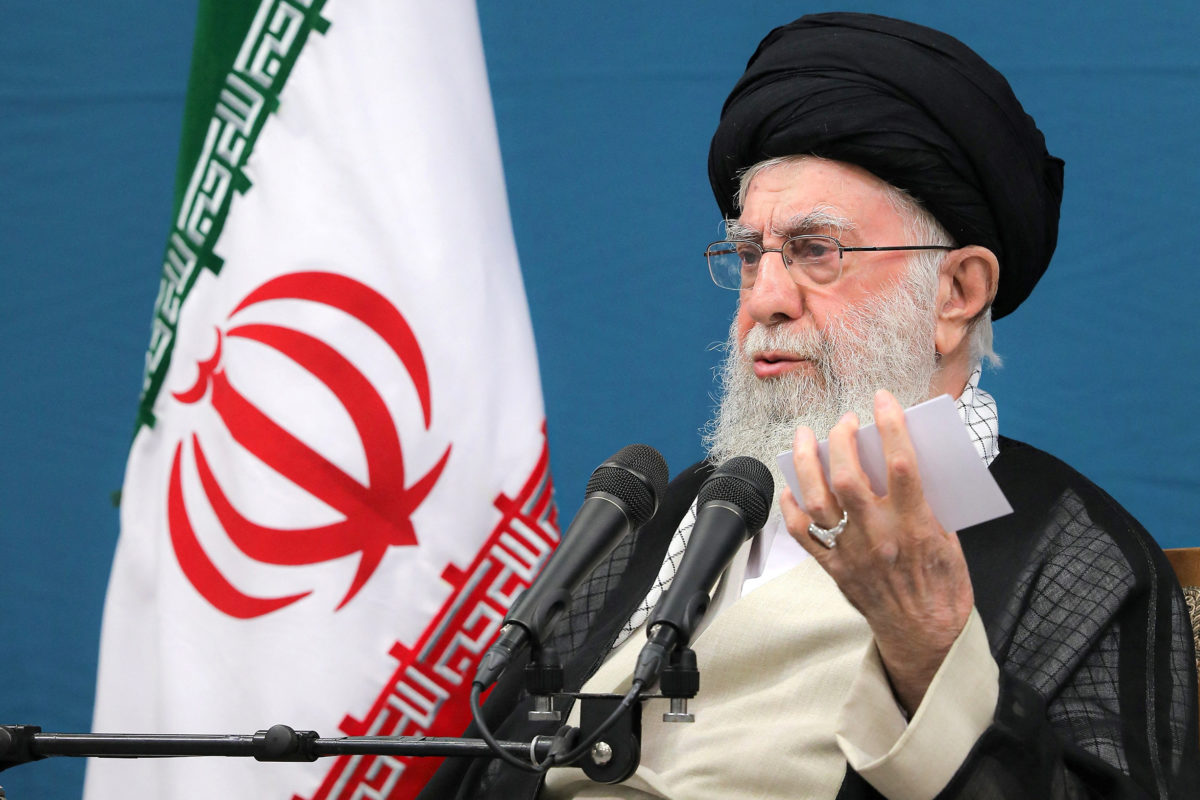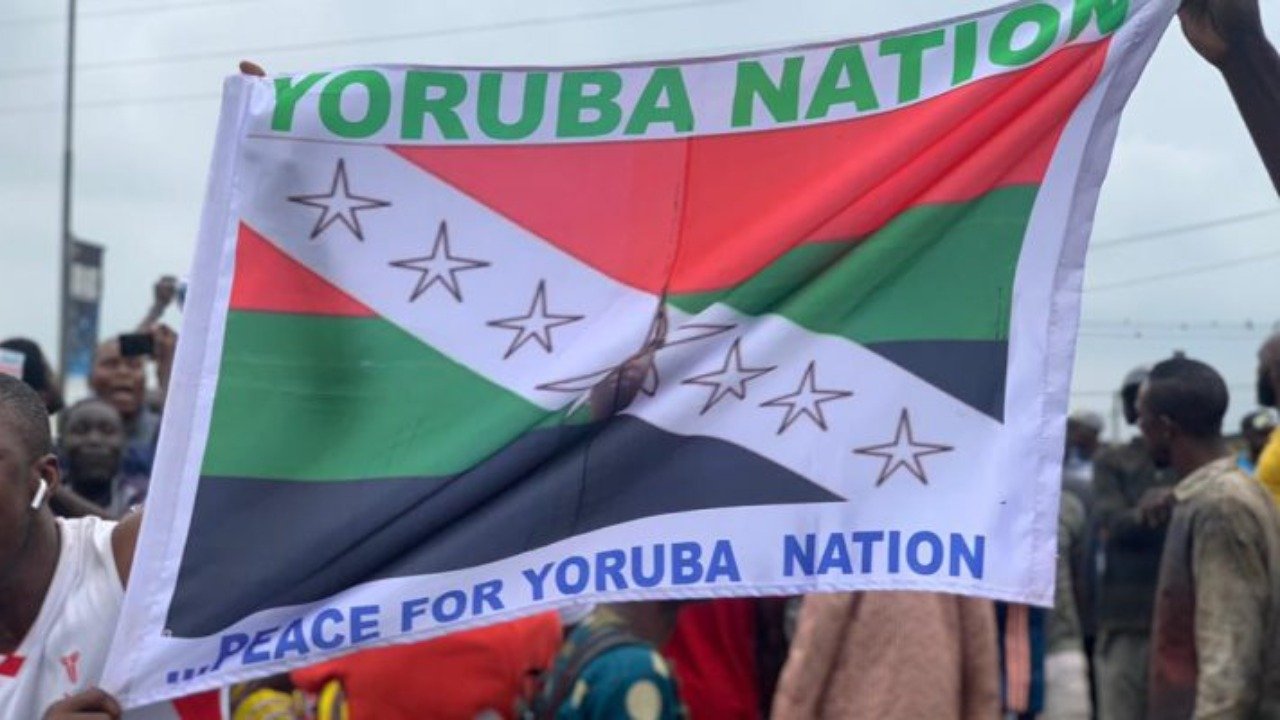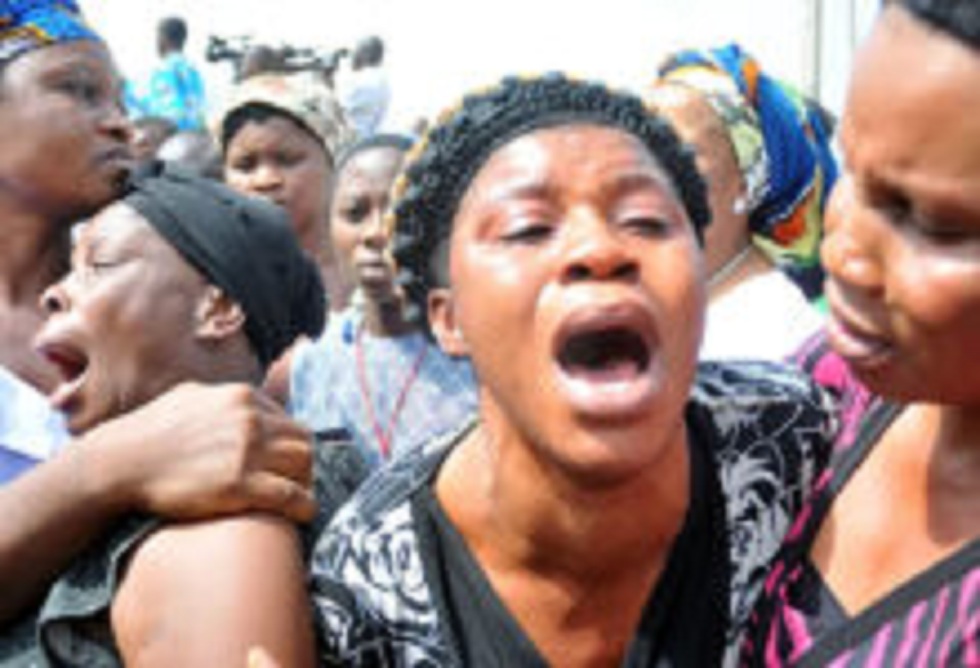By Kayode Emola
I have lived most of my life hearing that Nigeria is one and indivisible. Those pushing this false narrative have long rejected the idea of a Sovereign National Conference to discuss this allegedly indivisible structure called Nigeria. Yet despite their refusal to acknowledge it, we all know the truth is that Nigeria is not one and can never be one, no matter how hard any politician tries to convince the world to believe.
The attempt by the speaker of the House of Representatives to sneak in a controversial bill criminalising self-determination is abhorrent. International law enshrines the importance of self-determination, placing it as the first article in the United Nations Charter. This Charter recognises that, though different people may find themselves together, it is their right to decide whether they continue to live together or seek to go their separate ways.
For a people’s representative to boldly propose a law that defies our history, culture, and nature is abhorrent. Nigeria is not one, has never been, and can never be one, no matter how many laws they attempt to state otherwise. Before colonisation, we mingled and traded together, yet we understood our boundaries, and no kingdom dared threaten another without knowing the consequences.
Contrary to popular belief, Nigeria was never run as one country during British colonial rule. Nigeria was a united country by name only but ran under two different administrations. The Governor General, Mr Lugard, was rarely in the country, leaving instead two deputies in charge, one to manage the north, and the other the south.
For this reason, during the talks for Independence, the Lancaster House conference was held in London to see whether we would go our separate ways or stay together as one country. The proposal was not to make us one indivisible people, it was to see if we can live harmoniously together without the presence of British administrators.
Over time since then, we have seen that this concept cannot stand up. We cannot even define what Nigeria really means, let alone determine where it is going as a country. Proposing a bill to criminalise anyone saying this truth is attempting to make us into dummies who do not know their left from their right.
Self-determination is an inalienable right given by God to everyone, even before it was legislated by the United Nations. If the Nigerian Speaker, Mr. Abass, wishes to propose laws to unite Nigerians as one, he should start by criminalising those stealing the resources of the people and allocating billions of naira as reward for those holding political offices.
Nigerians are living under harsher conditions now than at any time previously in history. The country is on its knees economically and politically. The present situation shows that Nigerians are more polarised than ever before, as the APC regime, starting with Buhari, has demonstrated.
The Fulani north, which has previously always espoused the indivisibility of Nigeria, has now begun to call for their own Arewa Republic. The Hausawa people are looking for recognition outside of their Fulani counterparts. The southerners are ready to break out of Nigeria at a moment’s notice, yet all the Speaker can think about is a bill to criminalise self-determination.
The mere fact that the Speaker feels the need for this bill shows that Nigeria is not one, but ready to fracture at any minute into as many nations as are ready to leave the amalgam and become independent. I can already see the end of Nigeria, and the increasing desperation of our politicians to maintain unity shows that they too can see the end coming faster than they expected.
These politicians need to demonstrate how they help in alleviating poverty by being open and honest about the true state of the nation. They should be transparent to the people they serve by showing us how they finance their lavish lifestyles if not by stealing from the national cake Nigeria has to offer them. The reality is, they are scared that if Nigeria breaks up there will be no more treasury to loot.
For this reason, every ethnic nationality in Nigeria must now rise up and advocate for their own country independent of Nigeria. Nigeria is so far gone down the road to perdition that it cannot be saved from these scavengers. The earlier we get our Yoruba country back, the better it will be, both for every one of us and for our children to come.


 Headline5 days ago
Headline5 days ago
 Headline6 days ago
Headline6 days ago
 Featured5 days ago
Featured5 days ago
 Featured5 days ago
Featured5 days ago
 National5 days ago
National5 days ago
 Featured3 days ago
Featured3 days ago
 National6 days ago
National6 days ago
 News3 days ago
News3 days ago













